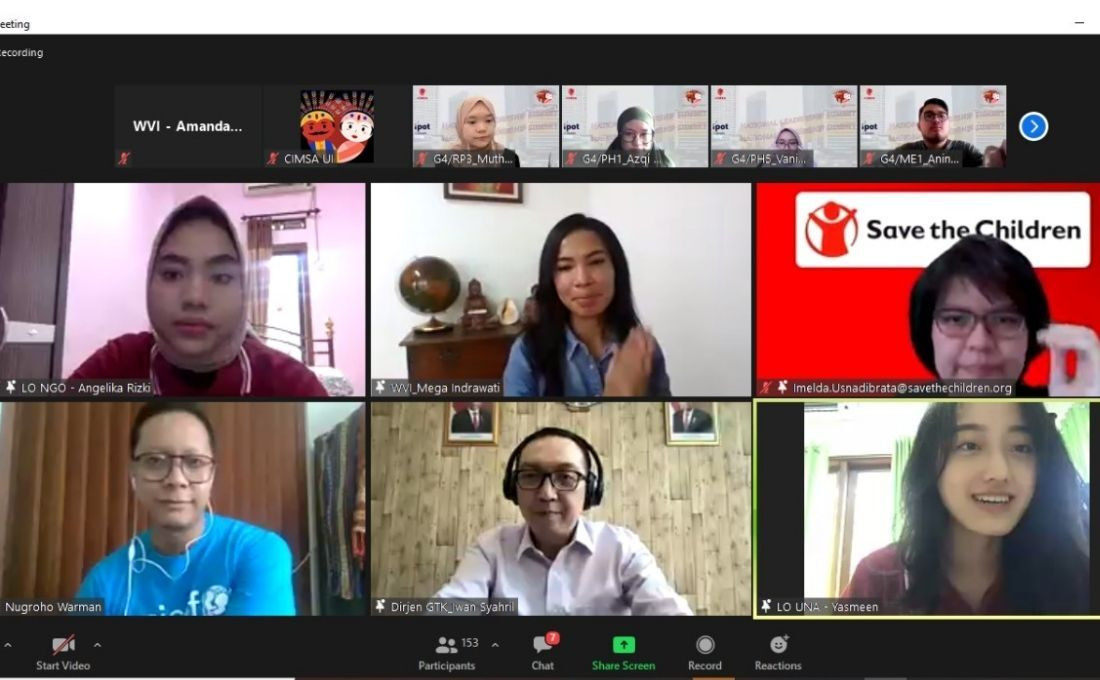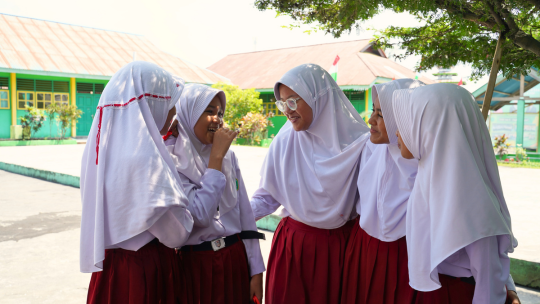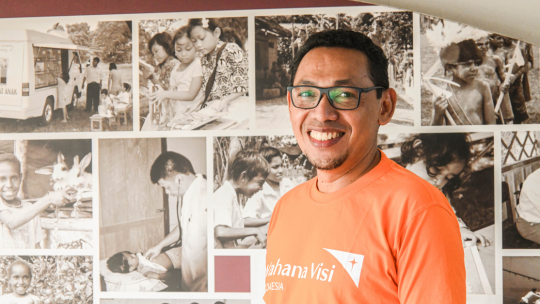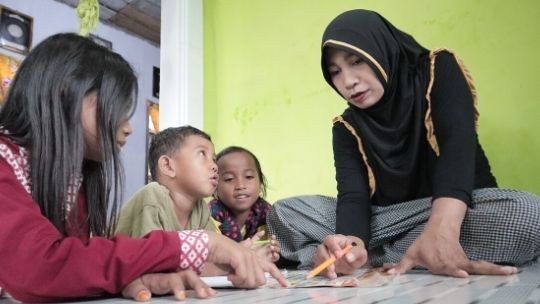Education Requires Imagination and Creativity

Director-General of Teachers and Education Personnel of the Ministry of Education and Culture (Kemdikbud) Iwan Syahril, revealed that education needs imaginative, creative, and full of initiative people. Education doesn't have to be in the classroom. The Covid-19 pandemic proves that. Iwan expressed this in the CIMSA National Leadership Summit (Center for Indonesian Medical Students 'Activities) in 2021 Enhancing Medical Students' Capacity as an Actor and an Advocate for the 2030 SDGs Agenda through the Annual Mission Statement and Policy Document, on Saturday, February 20, 2021.
"In the early days of the pandemic, we were still stuttering how to do distance learning. However, adjustments continue to be made, with various policies, as well as collaboration with various parties, as well as teachers' initiatives to share, distance learning can take place better," said Iwan.
However, Kemdikbud also realizes that the longer distance learning takes, it can have negative impacts, one of which is the risk of learning loss. Therefore, for the green and yellow zones area, the Kemdikbud has authorized schools to reopen while still implementing strict health protocols.
Education Team Leader Wahana Visi Indonesia Mega Indrawati, in the forum revealed, based on the results of the rapid assessment conducted by WVI in May 2020, 68% of children have access to learning from home programs. The rest are difficult to get access to due to holidays, lack of direction, and lack of facilities.
Only about 30% of children have access to online learning from home programs through various applications such as Zoom, Google Meet, Whatsapp, etc. About 36% of children learn using the offline method, namely by visiting home and studying via TV and radio. The rapid assessment was carried out in 35 districts/cities in North Sumatra, DKI Jakarta, East Java, Bengkulu, North Sumatra, West Kalimantan, Central Sulawesi, Papua, North Maluku, and East Nusa Tenggara.
During the Covid-19 pandemic, WVI responded in various sectors: education, health, child protection, and the family economy. In education, WVI opens access to children's learning through the provision of books and learning modules, radio broadcasts, videos, reading houses to children's best friends' cars for children in the frontier, outermost and disadvantaged (3T) areas. Apart from that, WVI also provides psychosocial and recreational support for teachers, parents, and children through various media. The existence of a children's forum was strengthened by various training such as digital literacy and tips for effective learning from home.
One of the programs, namely the Wamena Children's Song and Learning (Labewa) radio broadcast in collaboration with RRI (Radio of Republic Indonesia) in Wamena, Papua, even won an award from the Indonesian Broadcasting Commission as the winner of the Radio Children Program category. In this program, children become broadcasters, bringing learning programs with the teacher. Apart from running this program, WVI also distributes radios to children in Papua who are not reached by the internet or television.
Mega also appreciated medical students who care about education in Indonesia. "We are waiting for the follow-up of this activity. There is a campus teaching program by Kemdikbud. It will be very helpful if you can teach, help children in rural areas,” said Mega.
Written by: Amanda Putri, Media Relations Executive Wahana Visi Indonesia



